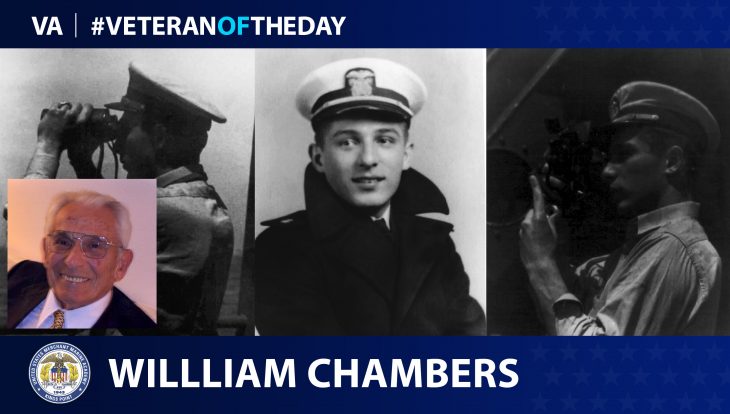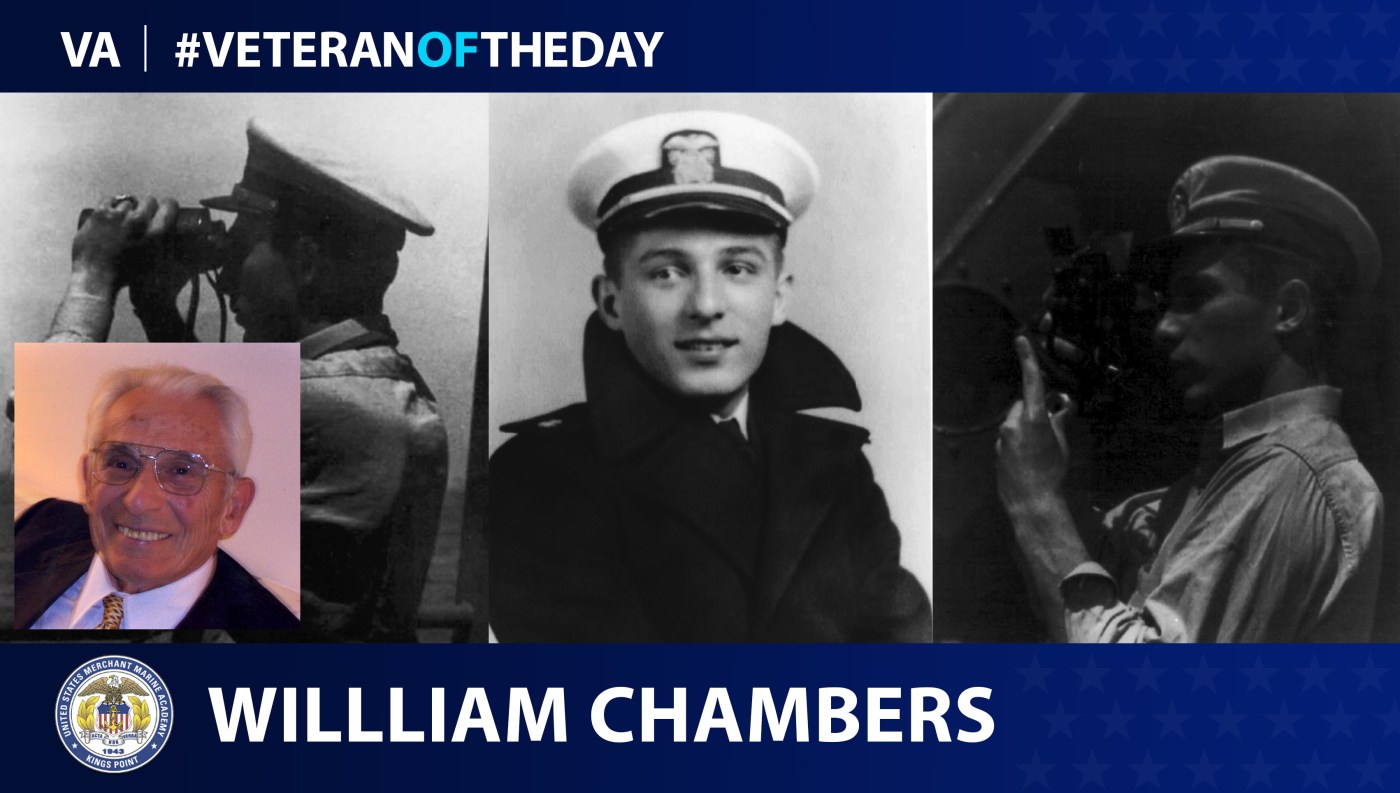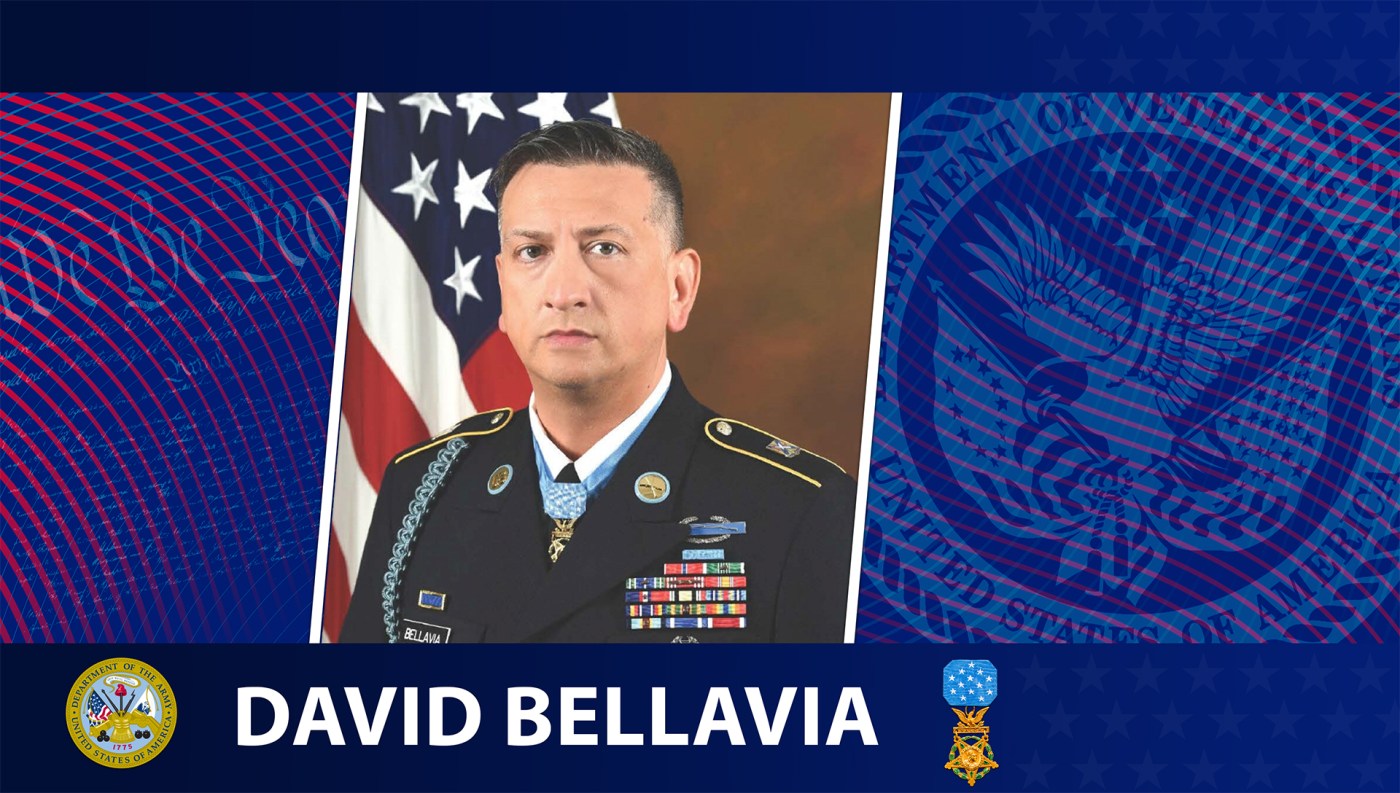
On the Merchant Marine birthday, today’s #VeteranOfTheDay is Merchant Marine Veteran William Scott Chambers, who served the war effort from 1941 to 1945.
William Scott Chambers was born in Feb. 1921. After graduating high school, he attended the Pennsylvania State Nautical School from October 1939 to October 1941.
Chambers’ first voyage as a Junior Third Mate was aboard SS Steel Maker, a cargo ship that was heading toward Pearl Harbor in December 1941. They were at sea when the captain received word the Japanese attacked Pearl Harbor. SS Steel Maker arrived in Honolulu Harbor a few days after the Dec. 7 attack. While docked in Kahului Harbor, Chambers and the other men heard only rumors about what happened. They were not allowed to see the damage in or around any parts of the waterfront.
In March 1942, Chambers crossed the North Atlantic on SS Steel Worker. It departed Philadelphia for Murmansk, Russia, with cargo for the Russian military—including 250 tons of explosives. SS Steel Worker had machine guns for the merchant seamen since there were no U.S. Navy armed guards on board.
From May 25 to May 31, the ship was under constant air attack. When SS Steel Worker arrived at port, the men quickly unloaded the explosives. Unfortunately, on the way to discharge the remaining cargo at another berth, an explosive hit SS Steel Worker and sank her June 3, 1942. Reports from Great Britain said that the ship hit a mine. Reports from Russia indicated a torpedo hit the ship.
Chambers also served on a cargo ship carrying supplies for the Allied invasion of North Africa. He continued to sail on ships to support the war effort and docked in various ports including Cuba, New Brunswick, Nova Scotia, Ireland, Scotland and Italy.
Chambers received several medals and citations for his contribution to the war effort, including the Merchant Marine Emblem, the Atlantic War Zone Bar, the Pacific War Zone Bar, the Mediterranean Middle East War Zone Bar, the Victory Medal, the Combat Bar with two stars, the Honorable Service Button, and a Presidential Testimonial Letter by President Harry Truman. Five years after the war had ended, he was awarded the 50th Anniversary Victory in the Great Patriotic War by the Russian government.
After the war, Chambers attended the Massachusetts Institute of Technology. He graduated in June 1950 with a degree in marine transportation.
We honor his service.
You can learn more about Chambers’ travels during WWII on the Veterans History Project, here: http://memory.loc.gov/diglib/vhp/story/loc.natlib.afc2001001.18182/.
Nominate a Veteran for #VeteranOfTheDay
Do you want to light up the face of a special Veteran? Have you been wondering how to tell your Veteran they are special to you? VA’s #VeteranOfTheDay social media feature is an opportunity to highlight your Veteran and his/her service.
It’s easy to nominate a Veteran. Visit our blog post about nominating to learn how to create the best submission.
Veterans History Project
This #VeteranOfTheDay profile was created with interviews submitted to the Veterans History Project. The project collects, preserves, and makes accessible the personal accounts of American war Veterans so that future generations may hear directly from Veterans and better understand the realities of war. Find out more at http://www.loc.gov/vets/.
Contributors
Writer:
Editor:
Fact checker: Crystal Moore
Graphic artist:
Topics in this story
More Stories
This week’s Honoring Veterans Spotlight honors the service of Army Veteran David Bellavia, who received a Medal of Honor from the Iraq War’s deadliest operation, the Second Battle of Fallujah.
This week’s Honoring Veterans Spotlight honors the service of Army Veteran Scotty Hasting, who served in Afghanistan.
This week’s Honoring Veterans Spotlight honors the service of Army Veteran Roy Sheldon, who served in 97th General Hospital in Frankfurt, Germany.






